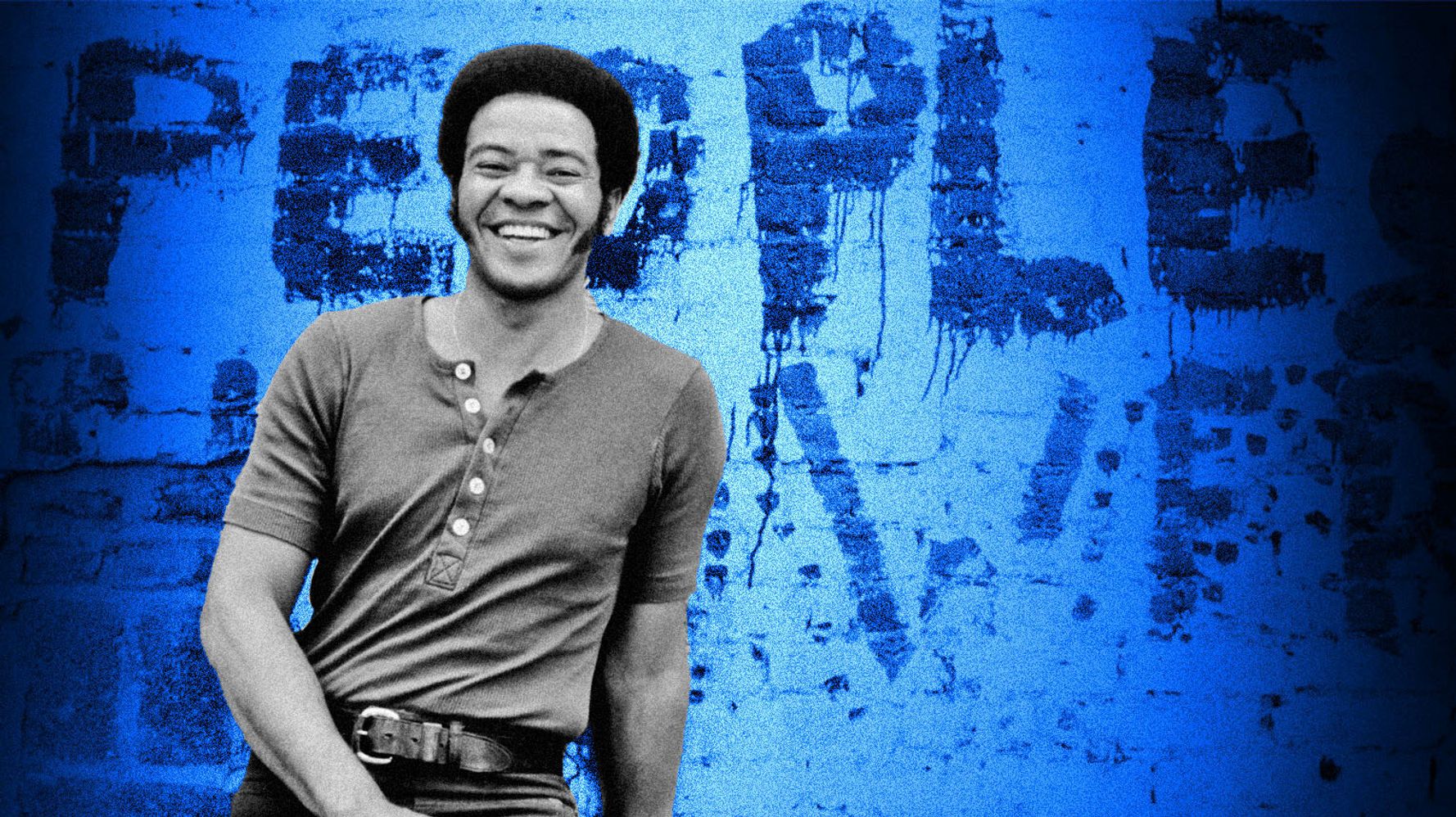[ad_1]

The first time I heard Bill Withers’ music, it stopped me in my tracks. I was 11 or 12 and just beginning to create my own canon of music.
I come from a family of music-lovers who were intent on passing down the knowledge. By then, my godmother had introduced me to Aretha Franklin, my mother had turned me on to Dionne Warwick, my eldest brother had hipped me to Muddy Waters and my other brother had schooled me on both Marvin Gaye and James Brown.
The music I listened to on the radio was nice, but most of it wasn’t at that level. Then I heard “Ain’t No Sunshine” confidently stroll out of the transistor radio. It was a big sound from a little device, but not big for bigness’ sake. It was commanding, a deep baritone with a solid dose of grit.
When I went to the record store — yeah, it was the early ’70s — and saw the cover of “Just as I Am,” with Withers in jeans and a T-shirt holding a lunch pail, I got it. This was a man who was real, exponentially realer than anyone who in decades since has said “Keepin’ it real.”
Sadly, Withers died this week from heart complications at 81, his family reported Friday. He was the latest loss in a tragic string of deaths of musical giants that includes Manu Dibango, Wallace Roney, Ellis Marsalis and Adam Schlesinger. The routine career synopsis notes that Withers won three Grammy Awards and had many top songs, but his significance goes much deeper than his Rock & Roll Hall of Fame plaque. Questlove said it best in a profile of Withers by Rolling Stone ahead of his 2015 induction.
“He’s the last African American Everyman,” he told Rolling Stone’s Andy Greene. “Jordan’s vertical jump has to be higher than everyone. Michael Jackson has to defy gravity. On the other side of the coin, we’re often viewed as primitive animals. We rarely land in the middle. Bill Withers is the closest thing black people have to a Bruce Springsteen.”
Withers’ musical career added a clause to Julius Caesar’s famous dictum, “I came; I saw; I conquered.” Withers did all this — and on his own terms.
When he arrived on the music scene in 1971, Withers was already 33. He had grown up in Slab Fork, West Virginia, where his father worked in the coal mines. Eager to avoid that life, Withers joined the Navy and spent nine years in the service, where he learned aircraft mechanics. He left the Navy in 1965 while stationed in California and found work in an airplane parts factory.
Inspired by the music of Lou Rawls, Withers bought himself a guitar and taught himself to play. He recorded a demo and shopped it to Clarence Avant, a longtime music executive who had just founded Sussex Records. Avant signed him and booked Booker T. Jones of Booker T. & the M.G.’s to play and produce “Just as I Am.”
During the sessions, Withers was laid off, and shortly after the release, he was contacted by the factory asking him back. He was also contacted that day by “The Tonight Show” asking him to perform.
“Ain’t No Sunshine” was a big hit, and it was followed by others. “Lean on Me” revealed the clearest influence of the church on his style, with its stately opening chords and gentle pacing; it was easy to imagine it being sung with a sanctified choir doing backing vocals. “Use Me” and “Who Is He (and what is he to you)” were earthier and funkier. Meanwhile, “Lovely Day” and Withers’ collaboration with saxophonist Grover Washington Jr. “Just the Two of Us” showed his smoother side.
Then, when the changing, image-driven scene of the ’80s was in full swing, he left. And he didn’t look back. He told Greene, “I wouldn’t know a pop chart from a Pop Tart.” In 1985, tired of clashing with executives at his next label, Columbia Records, he walked away from the music industry.
His legacy has lived on via covers of his songs, such as Club Nouveau’s take on “Lean on Me” and a particularly good turn on “Who is He and What is He to You?” by Meshell Ndegeocello that captures the simmering feelings of betrayal and a mounting sense of umbrage and anger in the song.
The 2009 documentary “Still Bill” showcases the feisty independent spirit of a man who rose from the coal mines of West Virginia to the Navy to becoming a self-made soul musician. It begins with the original rendition of “Ain’t No Sunshine,” and that song functions as a reminder of Withers’ greatness. There’s pain — real pain, not the performative variety — real heartbreak and genuine passion in every word of the lyrics.
In other words, there was vulnerability — a quality, performative or otherwise, that is often conspicuously absent from music today. Bill Withers was his own man, and he did things his own way.
Calling all HuffPost superfans!
Sign up for membership to become a founding member and help shape HuffPost’s next chapter
[ad_2]
Source link

